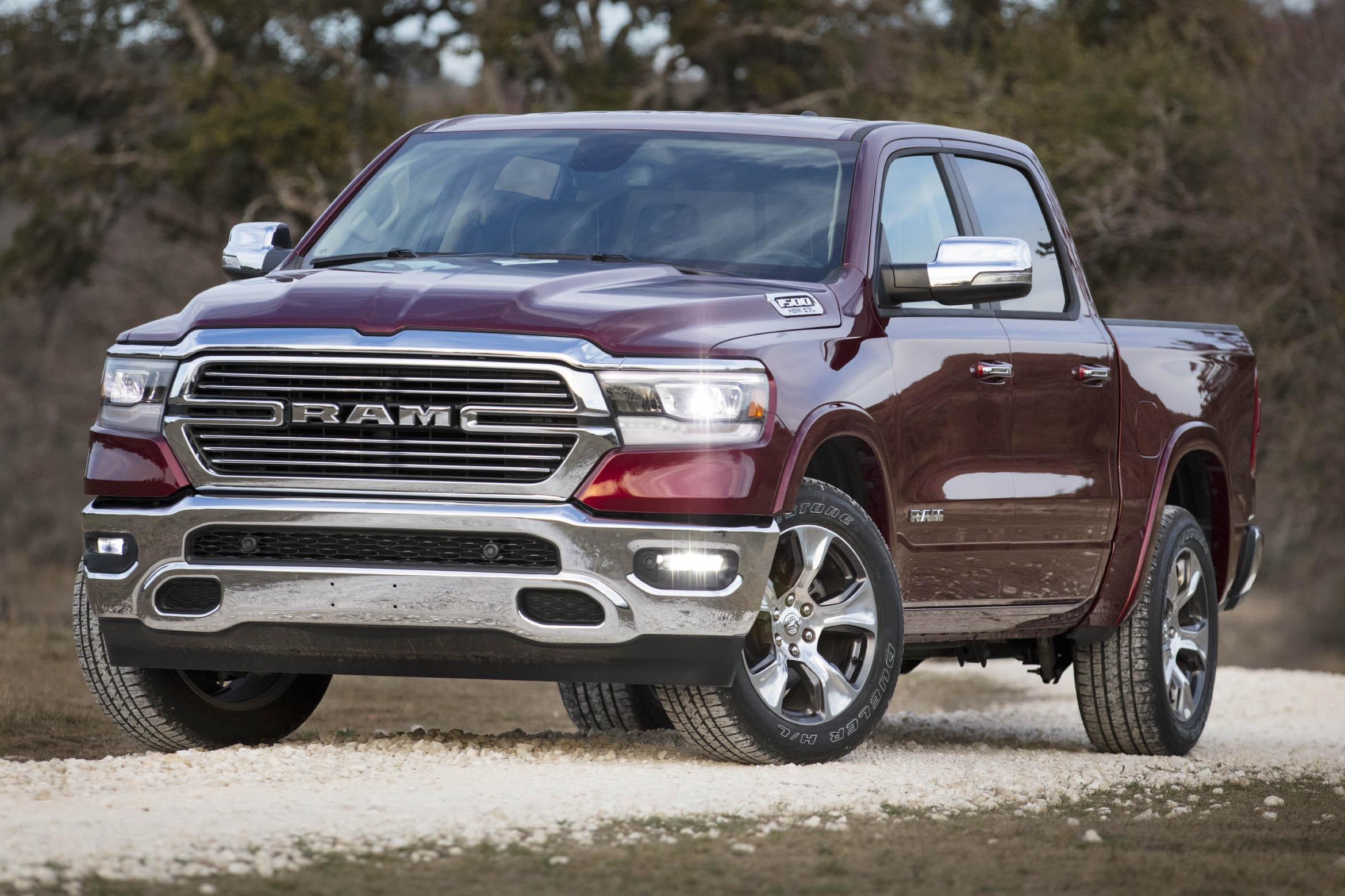What Is a 48-Volt Electrical System in a Car?
Big changes to the electrical systems inside new cars can boost fuel efficiency.
 Ram
Ram
The 12-volt battery has been the center of most automotive electrical systems for more than a half century. As cars get more complex, however, 48-volt electrical systems are becoming more common in new vehicles.
More Technology Requires More Juice
When vehicles only required electricity for basic functions such as running headlights, power windows, and stereos, a conventional 12-volt electrical system was perfectly adequate.
Modern vehicles are a different story. Along with creature comforts, a bevy of engine- and safety-related sensors, and the demands of connected car technology, new cars are increasingly thirsty for electricity.
In 2016, the Bentley Bentayga introduced an electrically assisted suspension that uses a 48-volt system. It's designed to keep the vehicle's body level in turns, counteracting the inertia that makes conventional cars lean out of a curve. Similar 48-volt-powered active suspensions can now be found on Audi, Lamborghini, and Porsche models.
Innovations like these led automakers to add a second, high-voltage electrical system to some of their vehicles. Today, many new vehicles have two electrical systems: one running off the 12-volt battery to power the door locks, instrument panel, seat motors, and other simple electronics, and one supplying 48 volts to the high-power electric motors that help the car drive.
Mild-Hybrid Vehicles Use 48-Volt Systems to Boost Efficiency
Most 48-volt-equipped vehicles on the road today are mild hybrids, which have small electric motors to boost the gasoline engine but generally can't drive on electricity alone.
Some Ram pickup trucks, for example, use a 48-volt mild-hybrid system called eTorque that delivers a claimed 10% to 12% improvement in fuel economy.
Mercedes-Benz uses its 48-volt system to replace the traditional serpentine belt, relying on electricity rather than the gasoline engine to power such things as the air conditioner and the engine's coolant pump. Among other advantages, this allows the air conditioning to keep running even when the engine temporarily shuts off at a red light.
The 48-Volt Architecture Opens Up a World of Possibilities
As 48-volt electrical systems become more commonplace, they open up new possibilities for automotive technology.
This extra power is useful for the increasingly complex onboard sensors and computers and can also enable luxury features such as faster-warming seat heaters or window defrosters. Some systems even allow owners to run power tools from the beds of their trucks.
As counterintuitive as it might seem, a 48-volt system can use thinner-diameter wiring than a similar 12-volt setup, which reduces weight and complexity.
For now, the 12-volt batteries can still be found in most vehicles, including EVs, but their days are likely numbered. The Tesla Cybertruck debuted as the first production vehicle to exclusively use a 48-volt electrical system. The EV maker also freely shared the implementation documentation with the entire auto industry, ostensibly to speed adoption across the space.
Written by humans.
Edited by humans.
 Bob Sorokanich
Bob SorokanichBob Sorokanich is a car-obsessed journalist and editor who manages to maintain an old Mini Cooper and a love affair with automobiles while living in New York City. When he's not thinking about cars, he's riding his motorcycle, and when he's not riding his motorcycle, he's anticipating his next joy ride.
Related articles
View more related articles